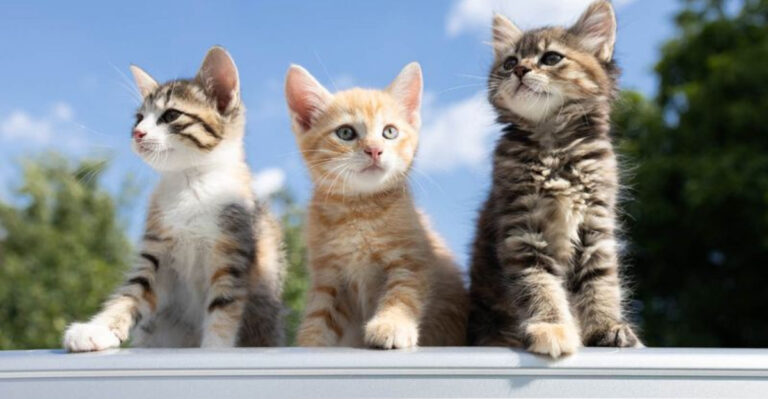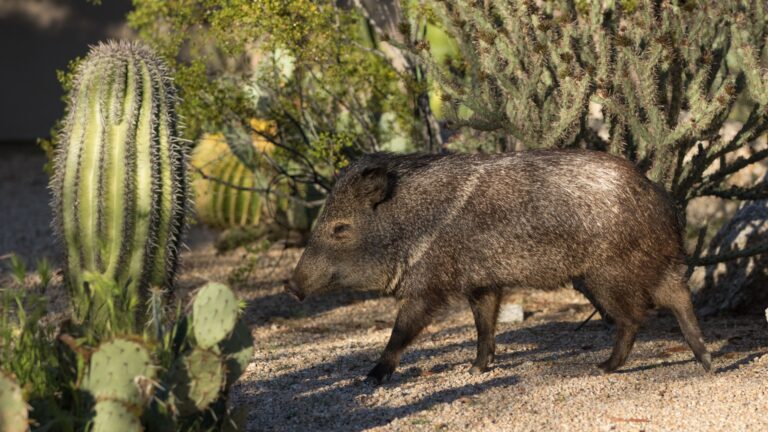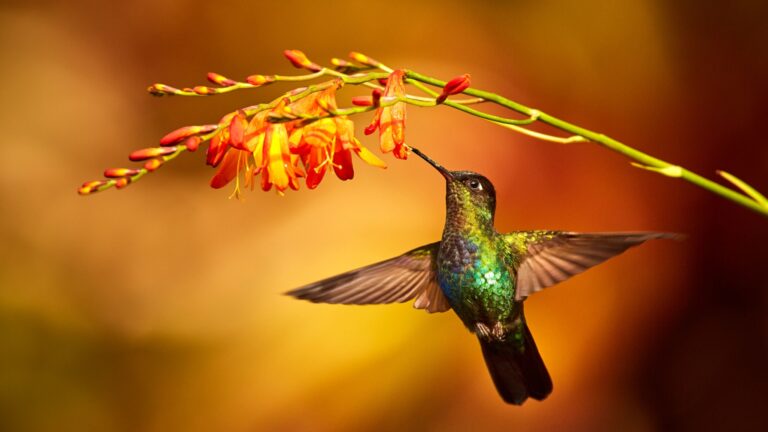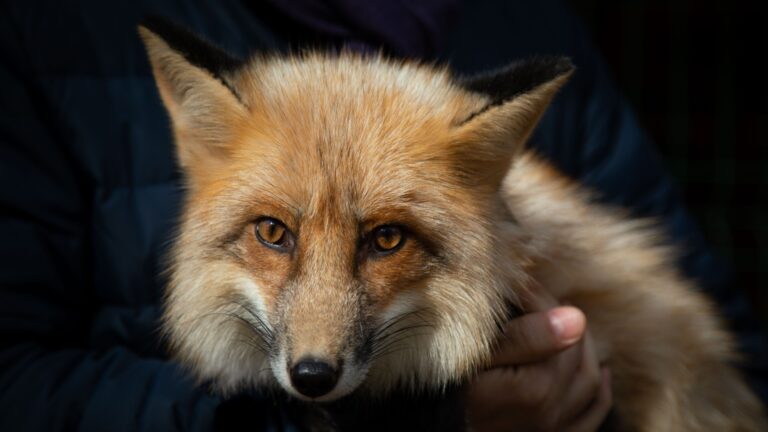7 Animals That Connect With Humans On The Deepest Levels – And 7 That Couldn’t Care Less About Us
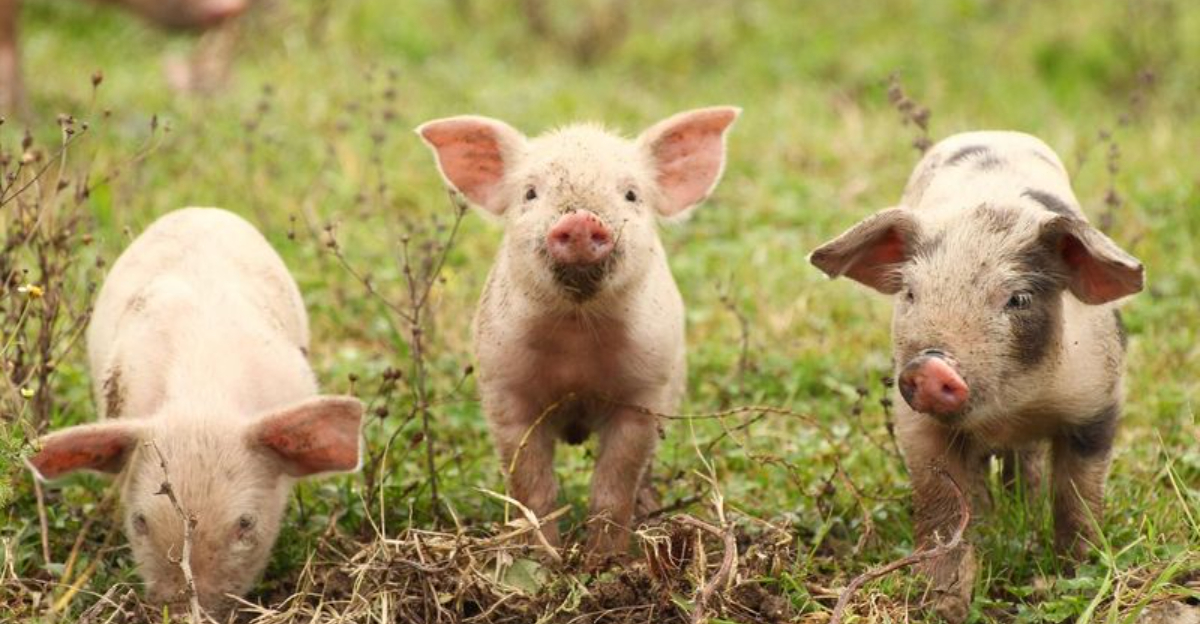
Ever wonder why some animals seem to adore us while others barely acknowledge our existence? The animal kingdom shows remarkable diversity in how different species interact with humans.
Some creatures form bonds so deep they almost feel like family members, while others view us as nothing more than tall, noisy obstacles in their environment. Let’s explore which animals truly connect with us – and which ones couldn’t be bothered to care.
1. Loyal To The End: Dogs

Evolved specifically to read human emotions, these furry companions can detect subtle changes in our facial expressions and voice tones. They actually release oxytocin – the same bonding hormone humans produce when falling in love – when gazing into their owner’s eyes.
From search and rescue missions to emotional support roles, dogs consistently choose human connection over self-interest. Their social intelligence has developed precisely to strengthen their bond with us.
2. Emotional Mirrors: Elephants
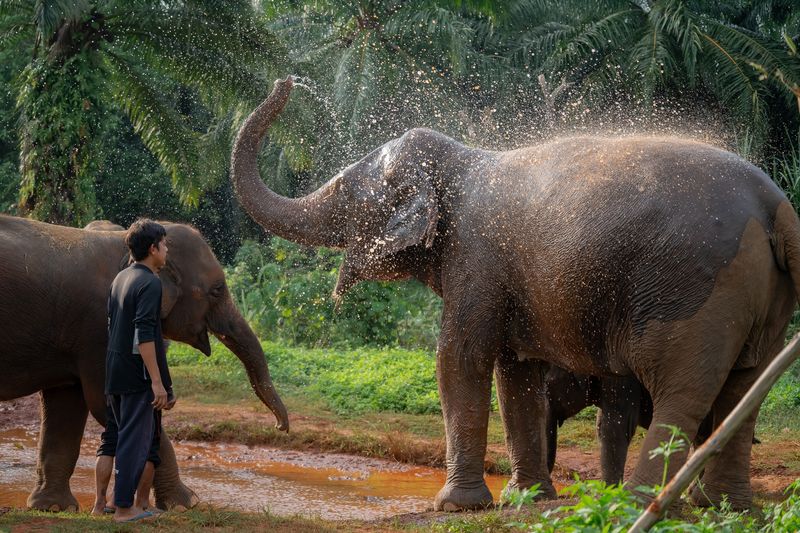
With remarkable emotional intelligence rivaling our own, these gentle giants recognize themselves in mirrors and mourn their dead. Elephants remember human faces for decades and can distinguish between friendly and threatening people based on voice alone.
In sanctuaries, rescued elephants often form profound bonds with their caretakers. They show gratitude through gentle trunk touches and protective behaviors that demonstrate genuine affection and trust.
3. Feathered Friendships: Parrots
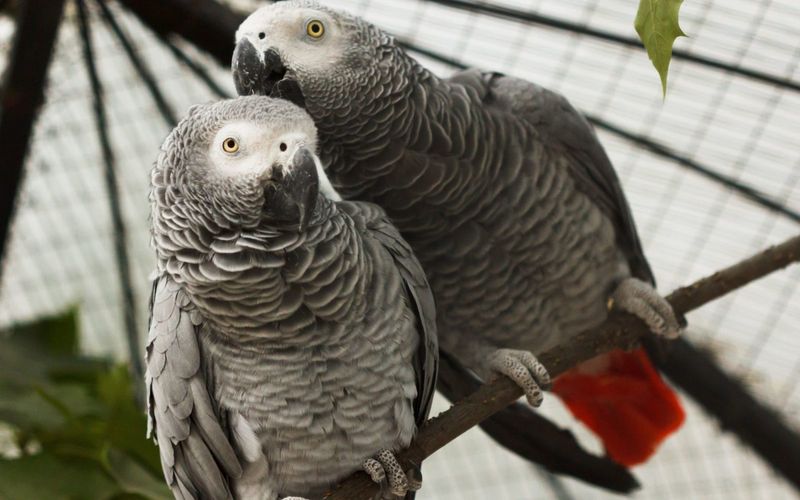
Forget simple mimicry – these brilliant birds develop vocabularies of hundreds of words they use contextually. African Greys can match the emotional intelligence of a 5-year-old child, forming bonds that last their 50+ year lifespan.
Parrots grieve when separated from their human companions, sometimes plucking their feathers from distress. Their capacity for joy, jealousy, and affection mirrors our own emotional landscape in surprising ways.
4. Surprising Scholars: Pigs
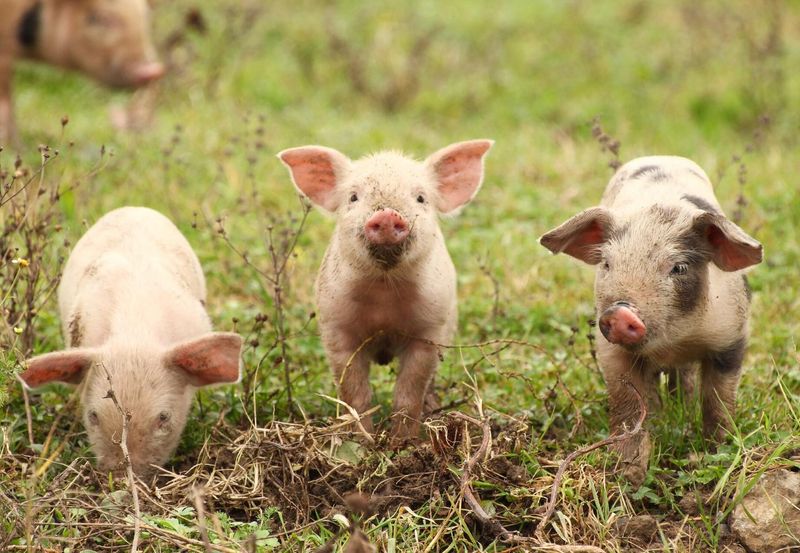
Smarter than your average 3-year-old, these misunderstood animals recognize themselves in mirrors and learn commands faster than dogs. Pigs remember kindness and hold grudges against those who’ve mistreated them.
When given proper care, they form lasting bonds with their caretakers. Farm sanctuary workers often describe their rescued pigs seeking affection, enjoying belly rubs, and even responding to their names with enthusiastic greetings.
5. Therapeutic Healers: Horses
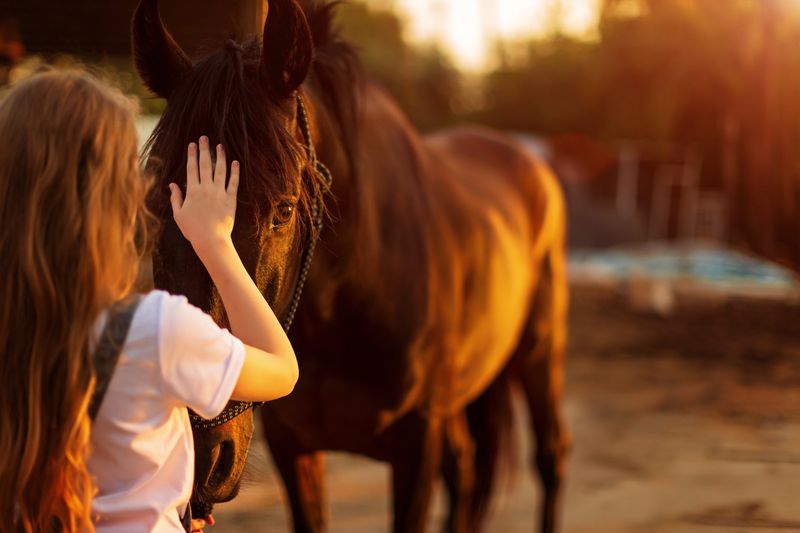
Reading human emotions with remarkable accuracy, these majestic creatures mirror our internal states through their behavior. This unique sensitivity makes them perfect therapy animals for people with PTSD, autism, and anxiety disorders.
Horses form partnerships rather than master-pet relationships. They choose to cooperate based on trust and respect, creating a two-way emotional connection that has supported human development throughout history.
6. Ocean Intellectuals: Dolphins
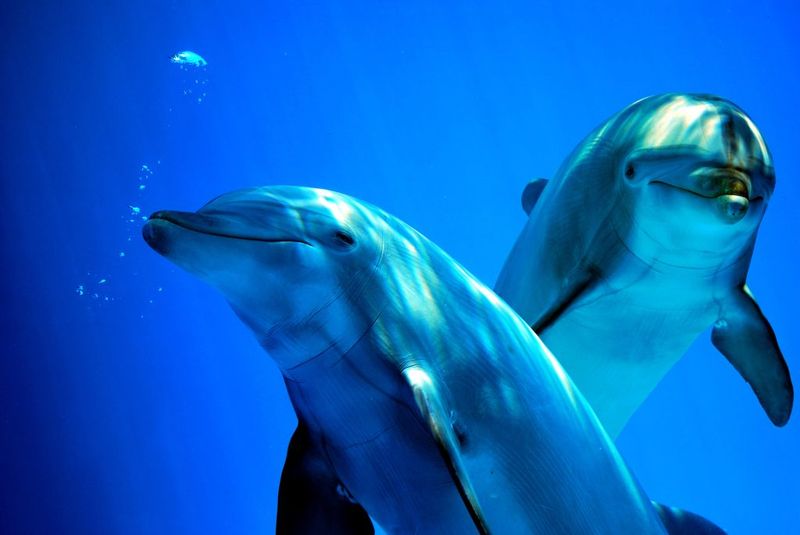
These marine marvels recognize themselves in mirrors, understand pointing gestures, and even have unique whistles that function like names. Wild dolphins have been documented protecting swimmers from sharks and guiding stranded boats to safety.
With brain structures similar to humans in areas responsible for emotions and social connections, dolphins show genuine curiosity about us. They often initiate interaction with humans, suggesting they find our company as interesting as we find theirs.
7. Primate Bonds: Chimpanzees
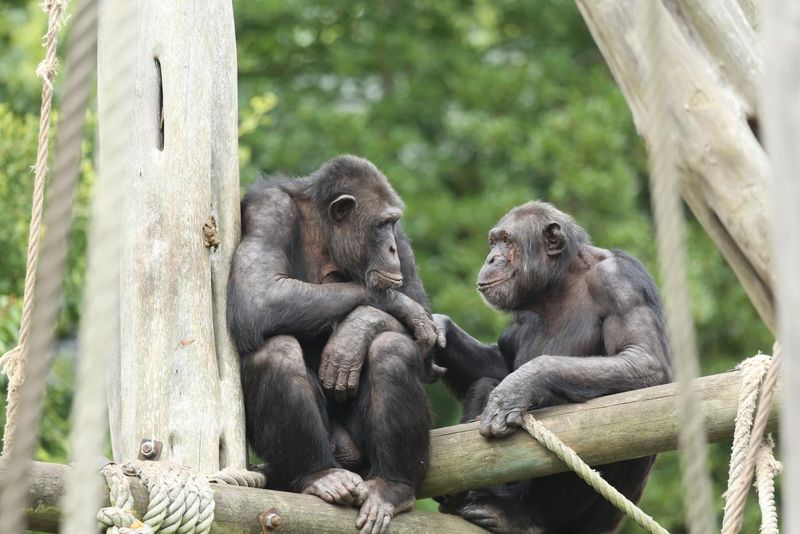
Sharing 98.8% of our DNA, these remarkable apes form complex social bonds that mirror human friendships. They console each other after conflicts, share food, and remember kindnesses for decades.
Chimps raised among humans learn sign language and form deep attachments to their caregivers. Even in sanctuaries, they recognize former human friends after years of separation, greeting them with enthusiastic displays of joy and recognition.
8. Cold-Blooded Indifference: Crocodiles
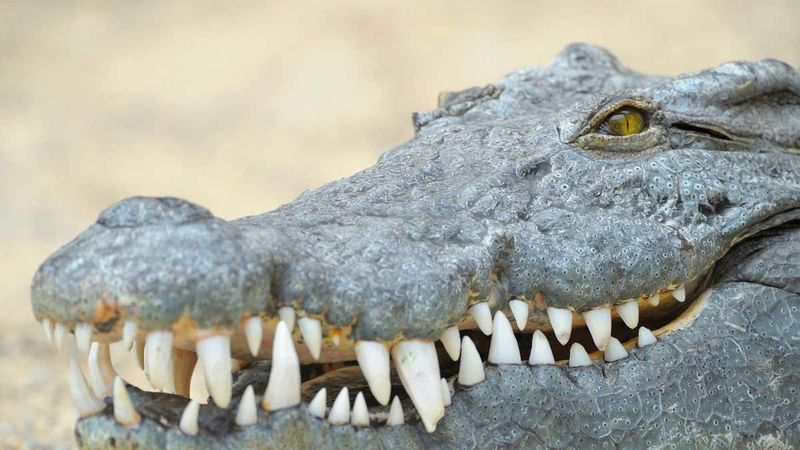
Despite occasional stories of ‘friendly’ crocs, these ancient reptiles possess brains wired purely for survival. Their primitive limbic systems lack the neural structures needed for social bonding or emotional attachment.
A crocodile that appears ‘tame’ is merely conditioned to associate humans with food. Remove the food rewards, and their predatory instincts return immediately. Any apparent ‘relationship’ is simply a temporary override of their hunting response.
9. Perfect Strangers: Octopuses
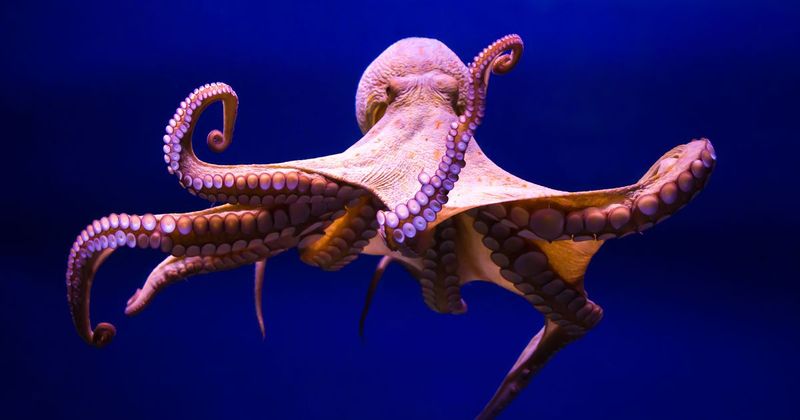
Evolving intelligence along a different path from mammals, the octopus experiences the world in astonishingly unique ways. Two-thirds of its neurons reside in its arms, allowing for decentralized control and an eerie sense of independent awareness.
Recognition of individual humans doesn’t seem to come with emotional connection. Problem-solving behavior and great escape acts reveal a mind that treats humans more like complex challenges than companions.
10. Solitary Hunters: House Cats
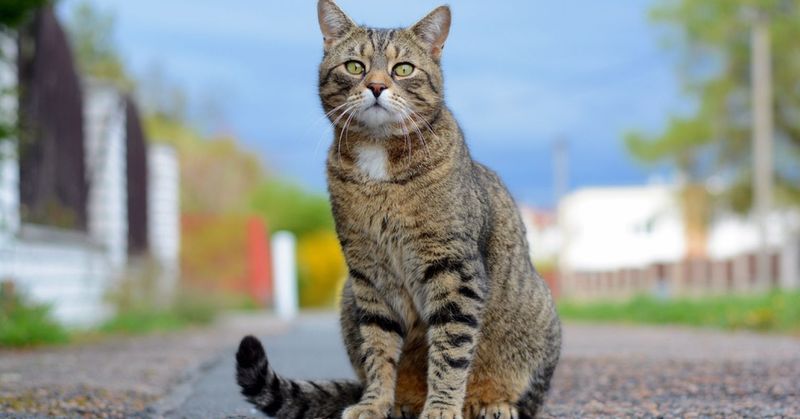
Unlike dogs, our feline companions never evolved to work cooperatively with humans. Domesticated primarily for pest control, cats maintain their independent hunter psychology despite thousands of years living alongside us.
Studies show cats recognize their names but often choose to ignore calls. Their affection typically stems from resource-seeking behavior rather than emotional bonding.
11. Loner Lizards: Komodo Dragons
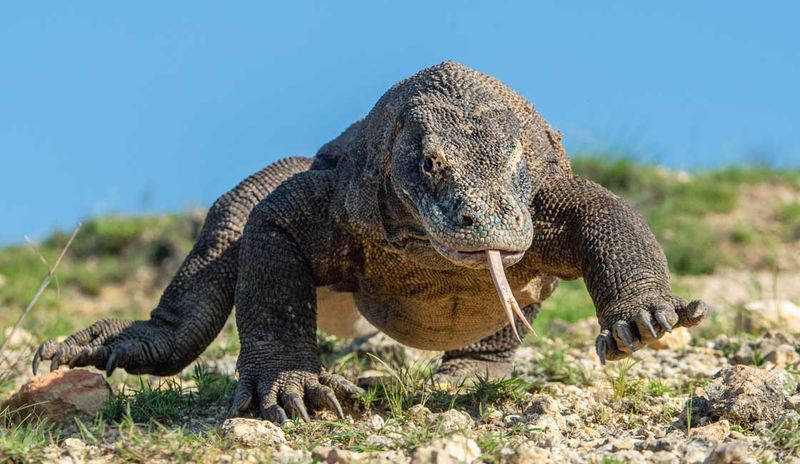
Born with zero parental care, these massive reptiles spend their lives in solitude except for breeding. Their brains lack the neural architecture needed for social bonding of any kind – with other dragons or different species.
Even dragons raised in captivity from hatching show no special recognition of their keepers. Their apparent ‘tolerance’ of humans is simply threat assessment—determining if something is food, danger, or irrelevant background noise.
12. Mindless Munchers: Jellyfish
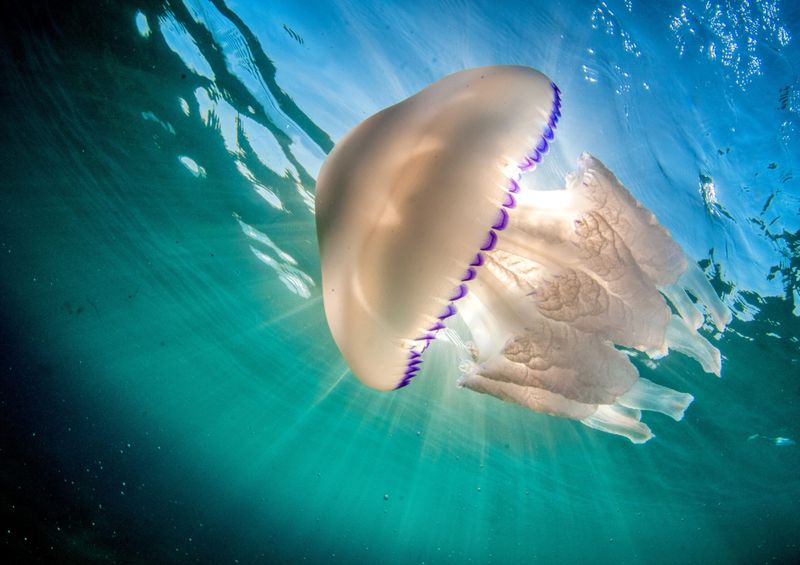
Lacking brains entirely, these ancient creatures drift through oceans with no awareness of human existence. Their nervous systems consist of simple sensory networks that detect only basic stimuli like light, chemicals, and touch.
Jellyfish have survived 650 million years without evolving social behavior or recognition capabilities. They react to humans exactly as they would to any other object – as potential obstacles to avoid or, for some species, potential prey to sting.
13. Territorial Terrors: Hippos
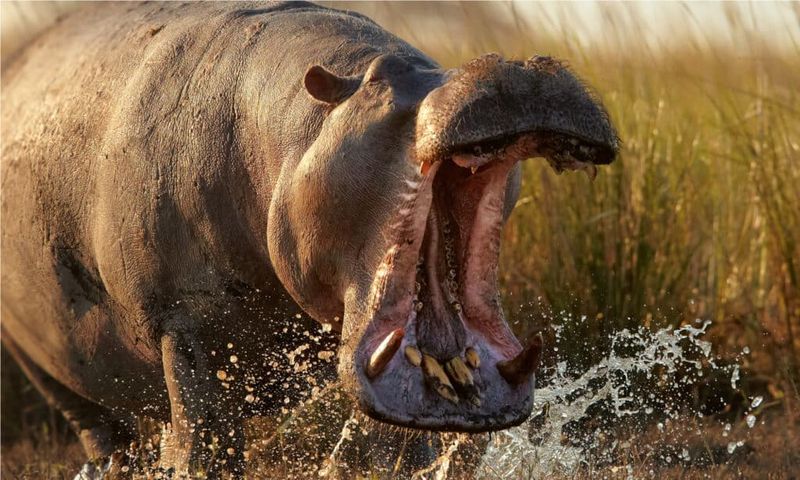
Responsible for more human deaths in Africa than any other large animal, these river giants view us purely as territorial threats. Their aggression isn’t personal -. it’s instinctual protection of their aquatic domains.
Despite occasional claims of ‘tamed’ hippos, their unpredictable nature makes true bonding impossible. Even hand-raised specimens eventually revert to natural behaviors, sometimes with tragic consequences for their caretakers.
14. Instinct Machines: Great White Sharks
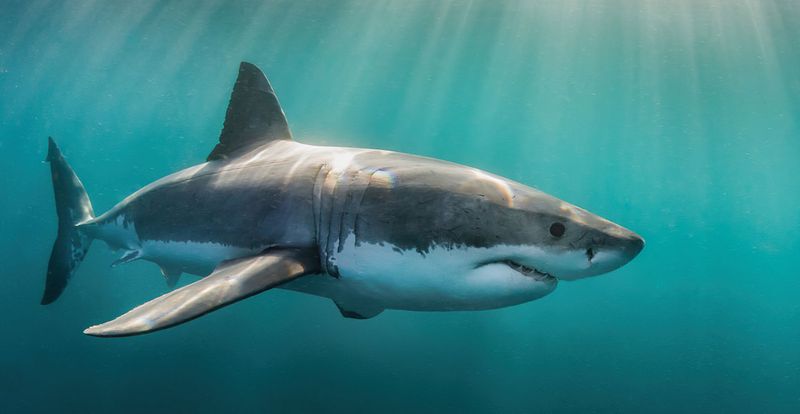
Optimized for solitary hunting, the great white shark relies on instinct rather than social cues. Curiosity-driven encounters often end in test bites, a natural behavior rather than aggression.
Conditioning efforts in captivity have largely failed to bridge the gap between species. Social bonding isn’t part of the shark’s evolutionary blueprint, keeping true connection out of reach.


